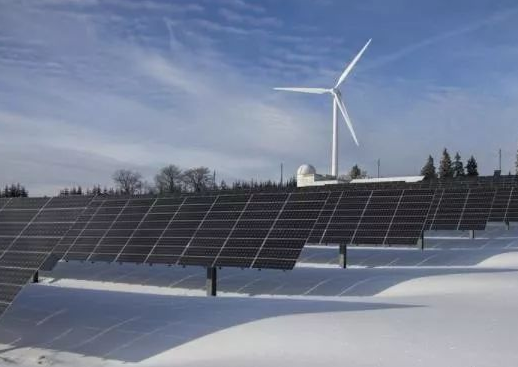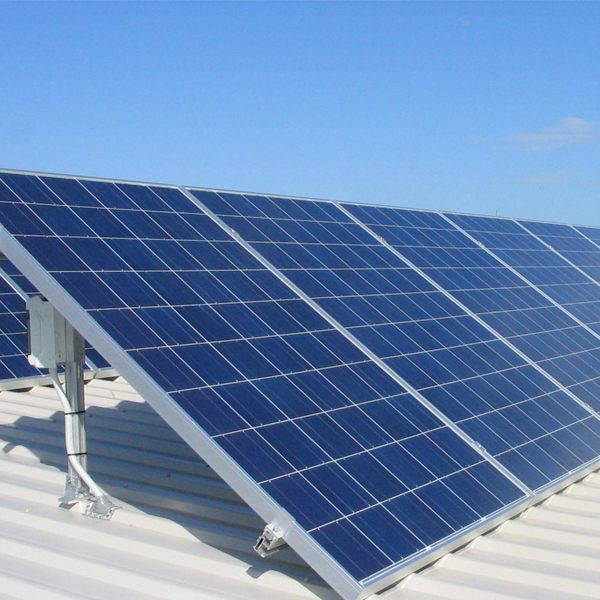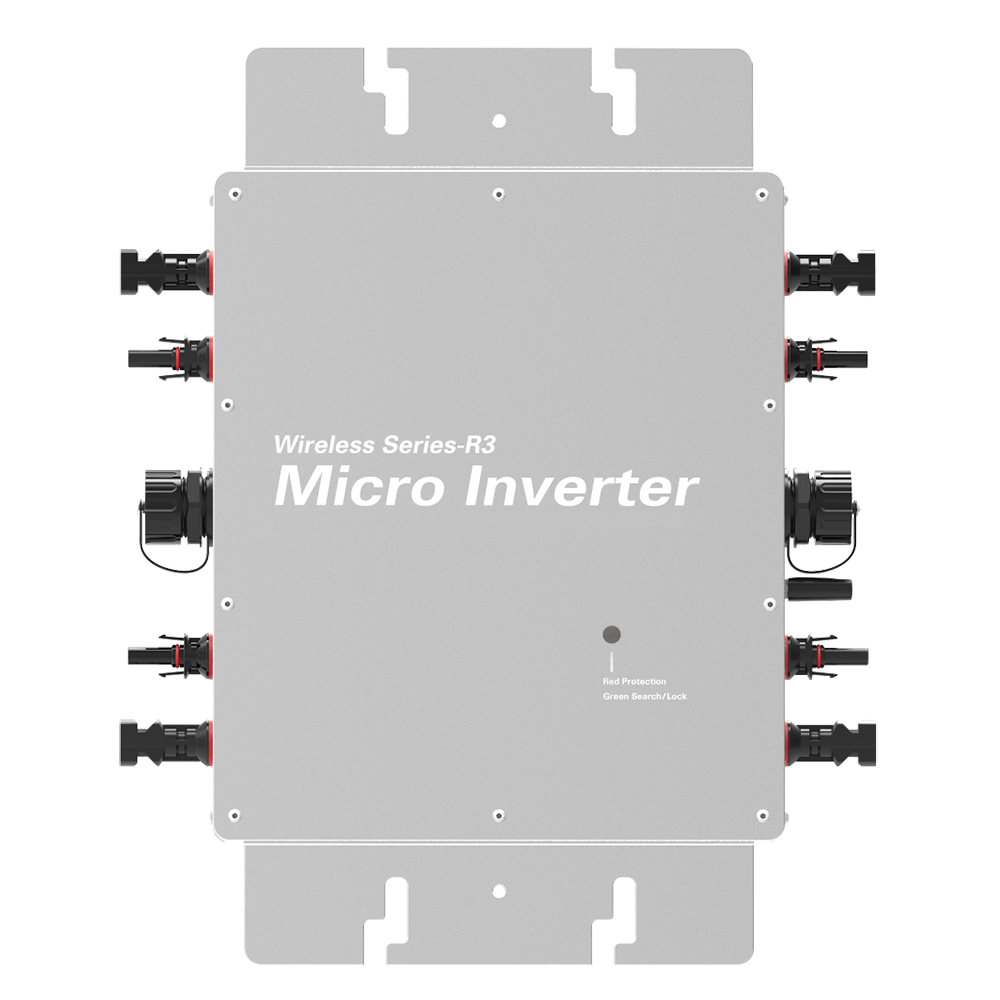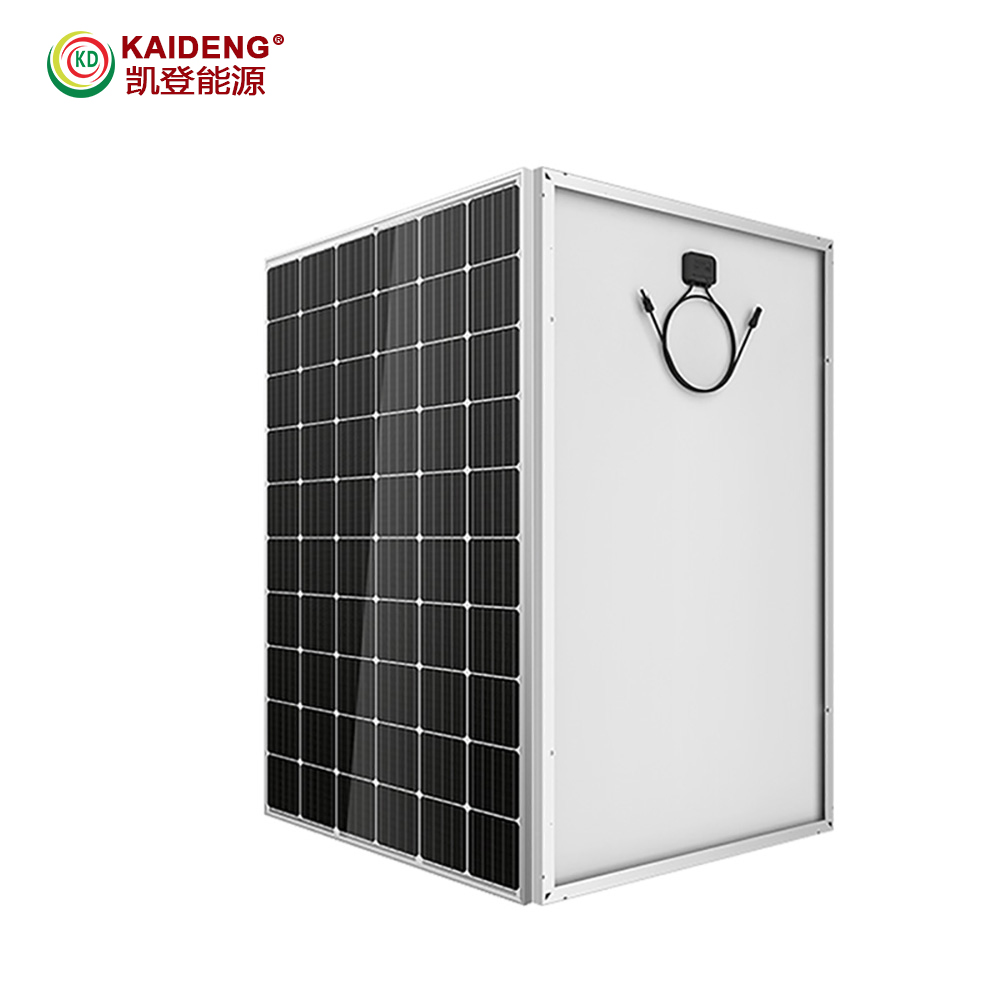
With the wide application of distributed photovoltaic power generation system, inverters play an important role in grid connection and island operation. However, in some cases, the inverter may have an island effect, causing security hazards and grid stability issues. Therefore, it is very important to detect and control the island effect of inverter.
First, the inverter needs to have the ability to accurately detect the island effect. A common method is to determine whether a system is isolated by monitoring changes in the frequency and voltage of the grid. When the system is isolated, the frequency and voltage of the grid usually fluctuate abnormally. By monitoring these abnormal fluctuations, the inverter can identify the island in time and initiate the corresponding control strategy.
Secondly, the inverter needs to take effective control measures to suppress the island effect. A common method is to realize island detection and protection by controlling the output power of inverter. When the inverter detects an island, it can immediately reduce or cut off the output power to reduce the size of the island and eventually eliminate the island effect. In addition, the inverter can also interact with the grid through communication and intelligent control technology to achieve more accurate island detection and control.
In addition, the inverter can also be equipped with a variety of protection functions to improve the control of the island effect. For example, the inverter can be set up overvoltage protection, overcurrent protection and short circuit protection and other functions to ensure that the output can be cut off in time when there is an island effect, and protect the equipment from damage.
In short, the detection and control of the island effect of the inverter is a key link to ensure the safe and stable operation of the distributed photovoltaic power generation system. By improving the detection sensitivity, control accuracy and protection function of the inverter, the adverse impact of the island effect on the power system can be effectively reduced, and the reliability and sustainable development of the distributed photovoltaic power generation system can be promoted. In the future, with the continuous progress and improvement of inverter technology, it is believed that the detection and control of inverter island effect will be more intelligent and efficient, and provide a more reliable guarantee for the safe and stable operation of the power system.



